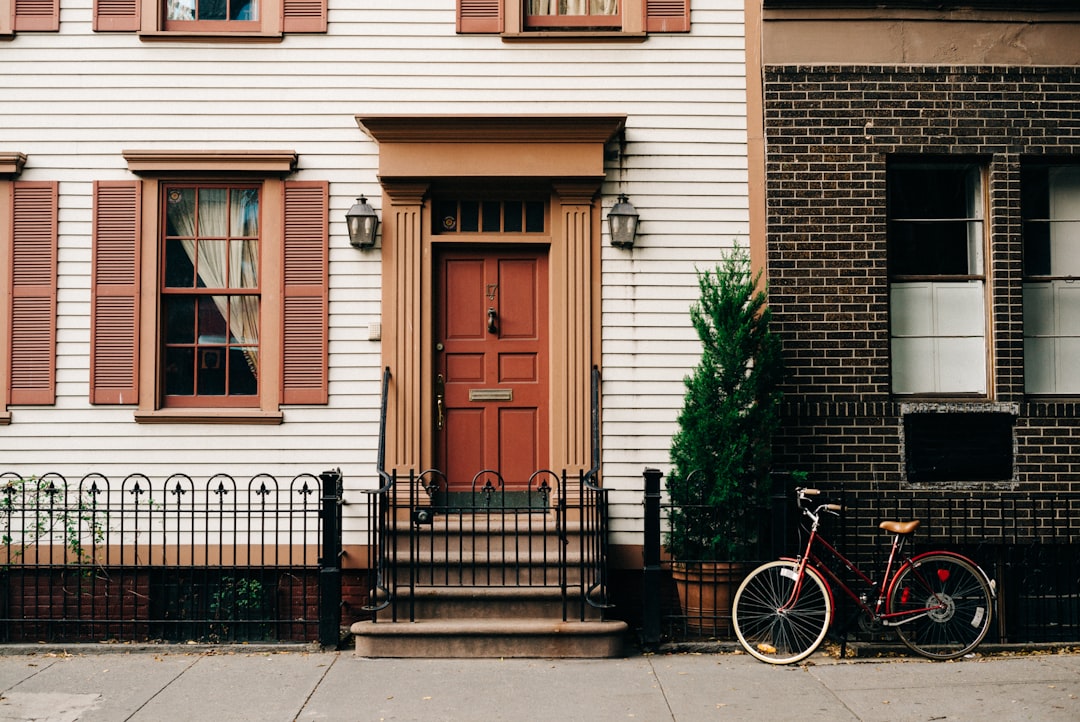Mediation as a Path to Divorce
When someone is going through a divorce, mediation can be a better way to sort things out. Instead of battling it out in court, you can sit down with your spouse and a neutral mediator. This mediator helps guide the conversation about important stuff like dividing property and figuring out child custody. It’s like having a referee in a game someone to keep things fair and on track.
Mediation saves time and keeps the stress down. You won’t have to deal with the surprises that come in a courtroom, where things can feel really confusing and out of your hands. Instead, you get to have a say in how everything turns out. This makes the whole process feel more empowering, like you’re taking charge of your own story.
So, if you’re looking for a way to make divorce a little less painful, mediation might just be the answer. It encourages open talks, which can help you both find solutions that work for everyone involved.
Plus, it can help ease the emotional weight that often comes with a breakup.
What Happens After Mediation?
After you finish mediation, it’s normal for couples to feel relieved. But there are still some important steps to wrap up the divorce. First, the mediation agreement needs to go to a family court judge. This is a key step because the judge makes sure everything is fair and follows state laws.
Here’s what happens next:
- Court Review: The judge looks over things like how property is divided, if spousal support is fair, and what the child custody plans are.
- Modifications: If the judge sees anything that needs fixing, they might ask for changes. This could take some time, so it’s important to be patient.
- Approval: Once the judge says everything looks good, you can go ahead and file for the final divorce decree.
It’s like getting the green light to take off on a trip after all the planning!
The Waiting Period: How Long Until Divorce is Final?
After finishing mediation and preparing your agreement, it’s natural to feel eager to finalize your divorce. However, many states, like California, have a waiting period after filing the divorce petition. In California, this waiting period is six months, regardless of how quickly you and your spouse reached an agreement. Patience is key during this time.
Here’s a simple timeline to guide you through the steps:
| Step | What Happens | How Long It Takes |
| Mediation | Complete your mediation sessions | Varies by couple |
| File Divorce Petition | Submit your divorce petition to the court | Right away |
| Waiting Period | Time before finalizing | 6 months in California |
| Court Review | The judge reviews the mediation agreement | 1-2 months |
| Final Decree Issued | Divorce is officially finalized | After the waiting period |
Waiting can feel frustrating, but it’s essential. This period allows everyone to reflect and ensures fairness. Stay positive-you are getting closer to that final decree and moving forward.
Court Approval and Filing of the Final Decree
Now that the waiting period is over, it’s time to get your court approval and file the final decree. This step is super important because it officially ends your marriage.
First, either you or your lawyer will need to hand in the mediation agreement to the court. The judge will look it over to make sure it follows state laws and is fair to both sides. Fairness is key here, so it’s not just a nice word; it’s something the judge really cares about.
Once the judge gives you the thumbs up, you can go ahead and file the final decree. This document officially wraps up your marriage and lists any agreements, like child support or custody.
Just keep in mind, some things could slow this down. If the judge has questions or if there are still issues to sort out, you might need to go to more hearings.
Stay on top of things during this time; check in with your lawyer often to make sure everything is moving along. It might feel a bit scary, but remember, you’ve already done a lot by getting to this point with mediation.
Keep pushing forward, and soon enough, you’ll reach the closure you’ve been looking for.
Special Circumstances That Can Delay Finalization
While mediation can often speed up the divorce process, certain situations can still cause delays. Unresolved issues, like child custody disputes or missing financial information, can extend the timeline. Here are some common reasons for potential delays:
| Special Circumstance | Description | Potential Delay |
| Contested Child Custody Issues | If parents can’t agree on custody, it may lead to court hearings. | Weeks to Months |
| Failure to Disclose Assets | When one person withholds financial information, investigations may follow. | Several Weeks |
| Need for Additional Hearings | Extra court meetings may be needed to resolve complex issues. | Weeks to Months |
| Complex Property Division | Disputes over property division may require further negotiation or legal checks. | Months |
If you encounter any of these obstacles, stay hopeful. Open communication with your ex-partner and seeking legal advice can help resolve issues more quickly. Being informed and proactive can ease the process, helping you focus on moving forward.
Conclusion: How Mediation Helps Speed Up the Process
Going through a divorce can feel really overwhelming, especially when things get complicated and slow. But mediation is like a helpful friend that can speed things up. It helps you avoid long court fights that can drain your energy. With mediation, you can talk things out and find solutions for important stuff like sharing property and deciding on child custody faster.
Mediation helps make the process smoother. Sure, there are still some legal steps and waiting times, but mediation can cut down on the hassle. When you have a solid mediation agreement, you’re already on the right path to settling things nicely.
Even though the court will check your agreement to make sure it’s fair, having agreed on things in mediation usually makes this part easier.
To really benefit from mediation, it’s a good idea to get help from experienced people, like those at Better Divorce Academy. They know the ropes and can guide you through everything, making it all flow better.
Choosing mediation can lighten your stress and give you the power to move on, turning a tough time into a chance for a better outcome. So, why not give it a shot? You deserve a quick and supportive way to start your new chapter!





